
Recently, a group of international students from the University of Science and Technology of China visited Yanzihe Experimental Middle School in Jinzhai county, Anhui province. The 12 international...

On May 29, over 120 international students from Huazhong University of Science and Technology took part in a dragon boat friendship race on Wuhan's Yujia Lake as part of the "Journey...
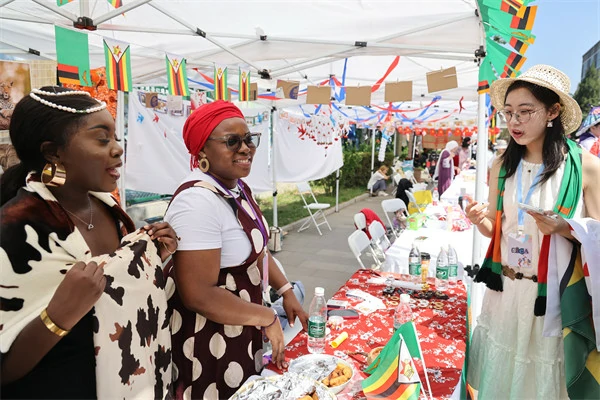
Dressed in exquisite traditional Indonesian batik attire, Wenny and her classmates were busy at their country's booth on the campus of Beijing Foreign Studies University, introducing visitor...

Perfect your Chinese in China's most dynamic city! Our spring 2026 Chinese language programs offer something for every level. Choose from prestigious universitie...
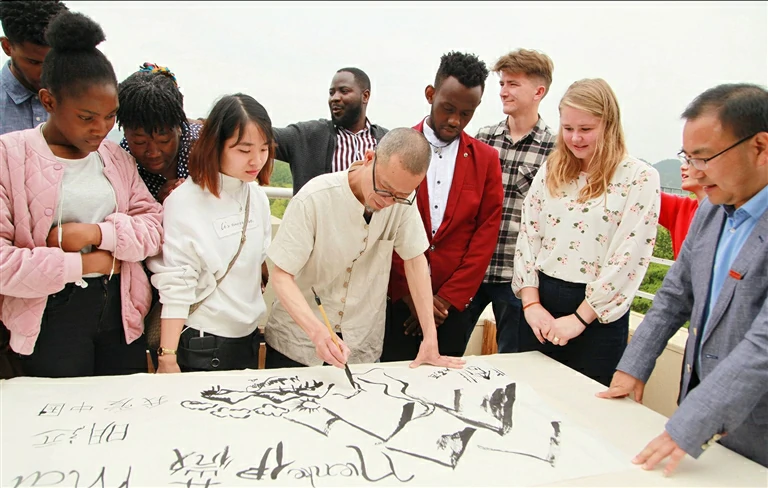
The university is located in the vibrant mountain city of Chongqing, featuring advanced teaching facilities and spacious learning environments. For international students, the college offers ...

This 211 Project university is located in Nanjing, the capital of Jiangsu Province. The university provides international students with an excellent Chinese language learning environment, allowing you...
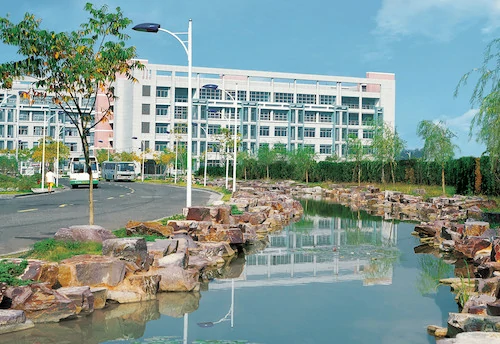
Dear International students, we invite you to apply to Hangzhou Normal University. Founded in 1908, it’s a well-respected institution. Located in the beautiful city of Hangzhou, the university offers ...
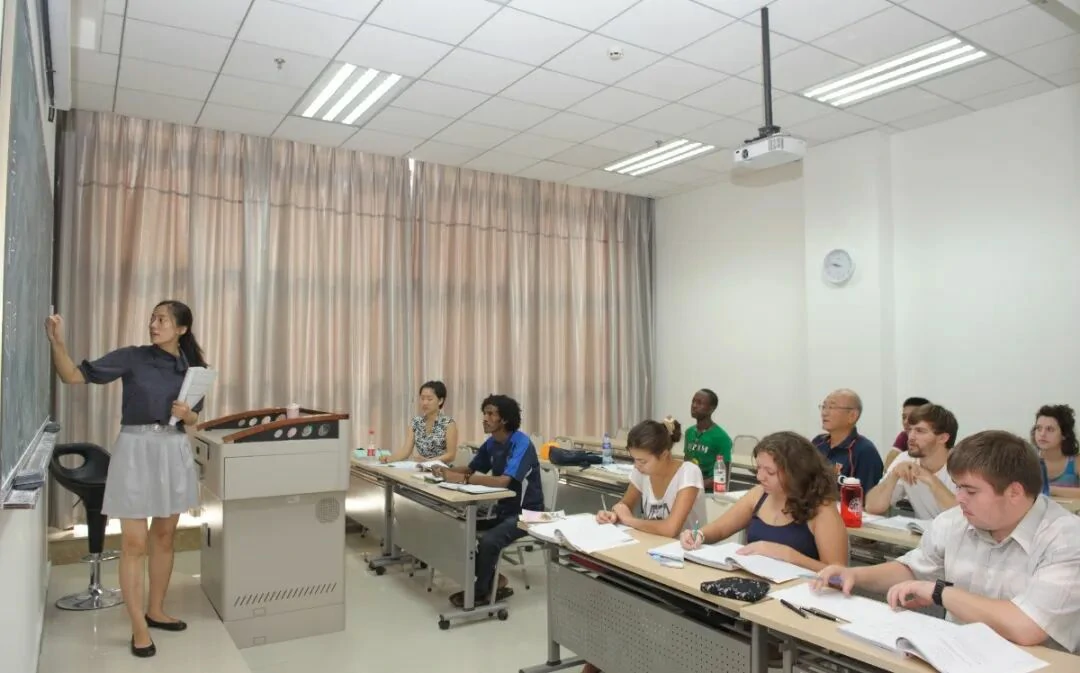
Dear agents, applications are now open for the one-year Chinese Language Program at Chongqing for the 2025 Autumn intake. This program is a great opportunity for international students to immerse th...
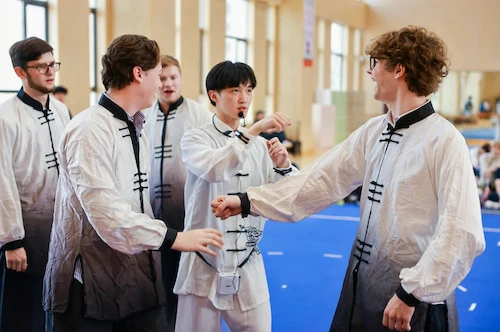
Immerse Yourself in Chinese Language & Culture Ready for a transformative journey into Chinese language and culture? Choose your ideal city for an immersive Han language learning experience: N...

The university is located in Jiangning District, Nanjing City. It has a strong university town atmosphere and is very convenient for daily life. If you study here, you will experience... Convenient...
Popular
SCG - May 22, 2025
Subscribe

